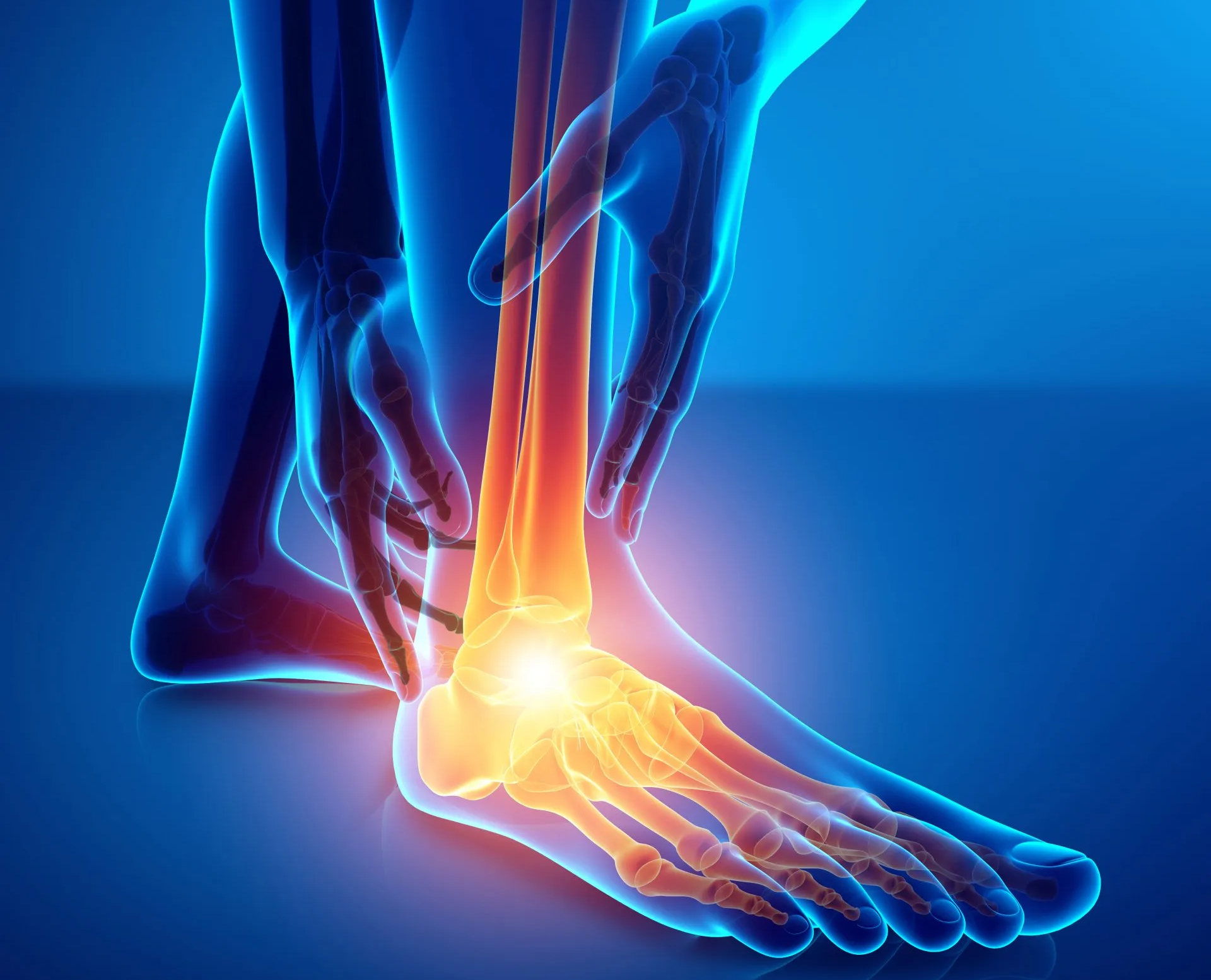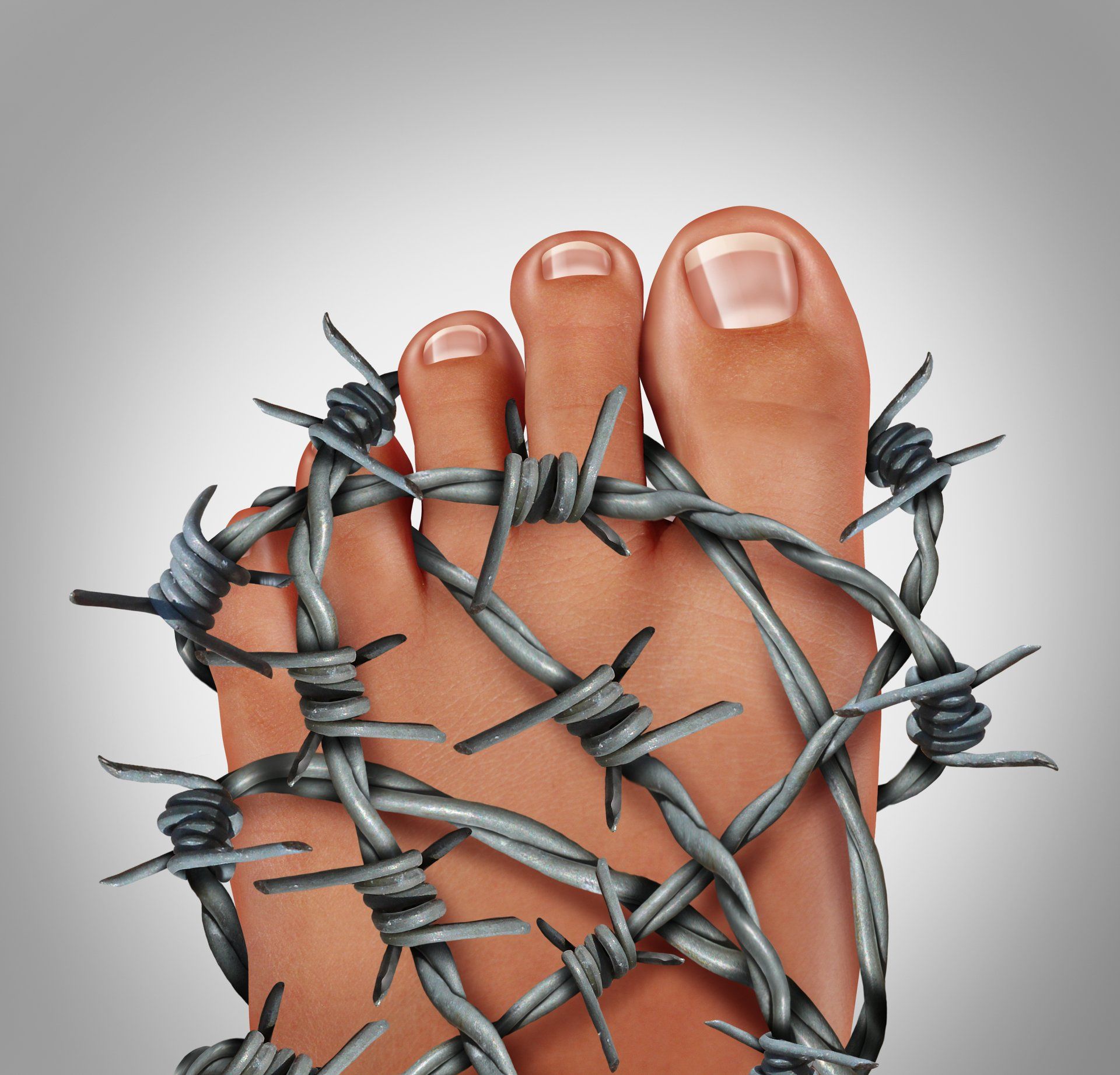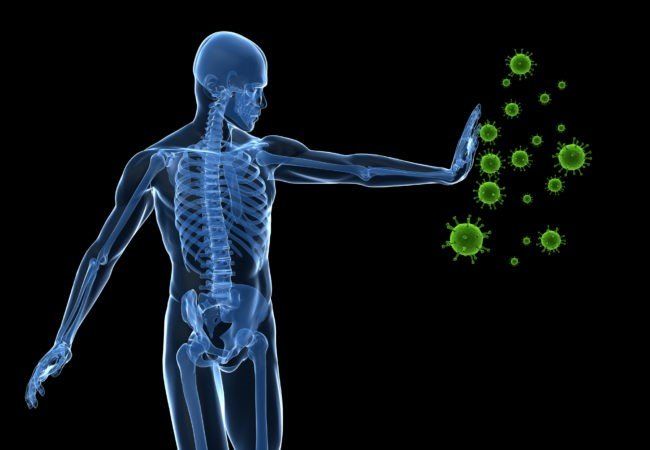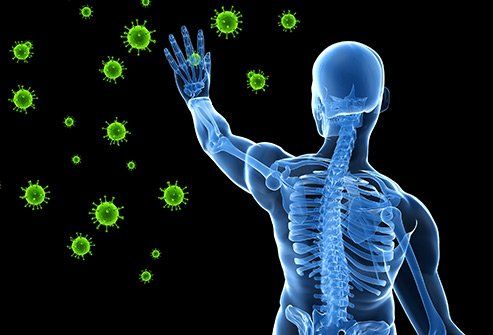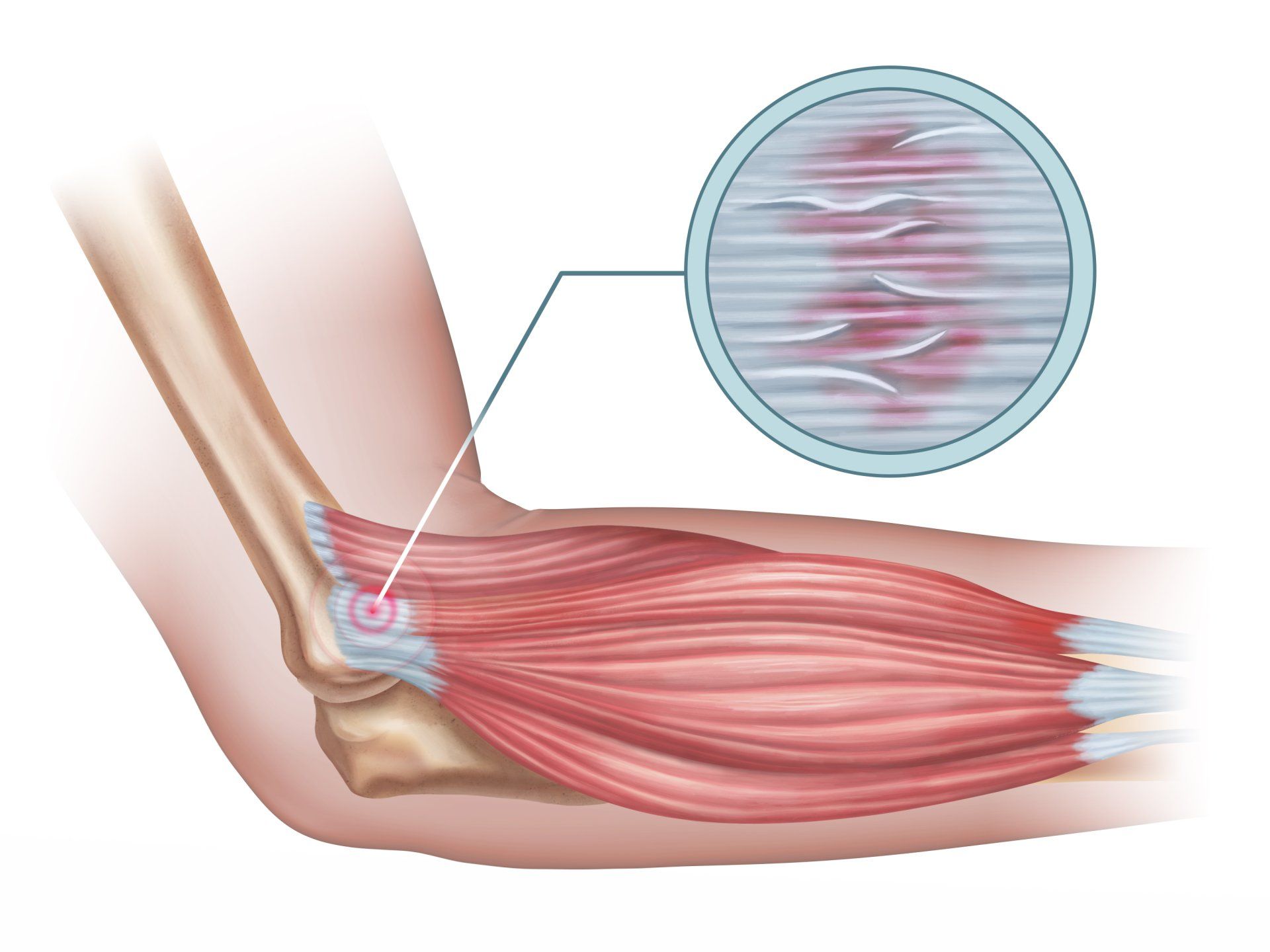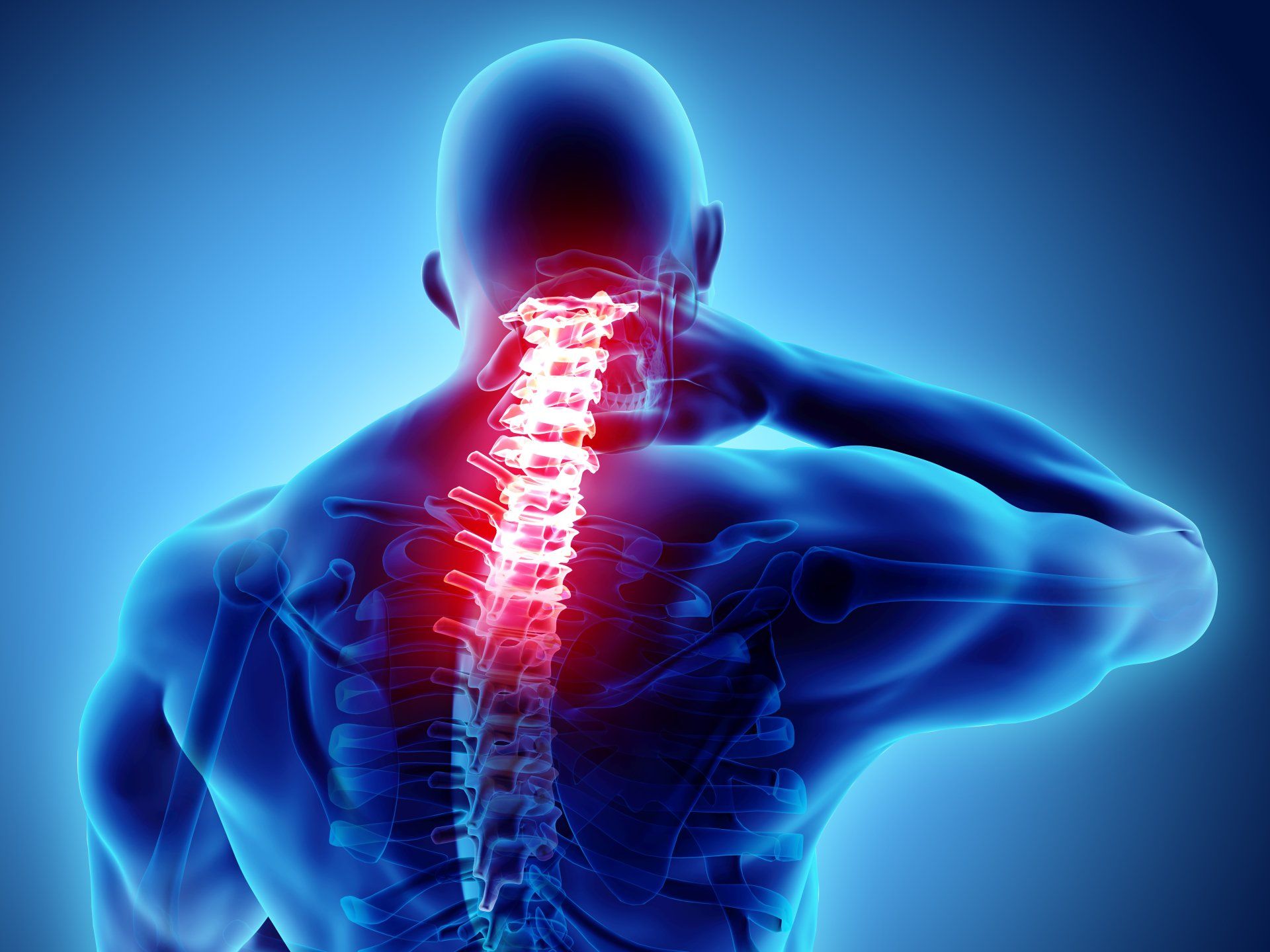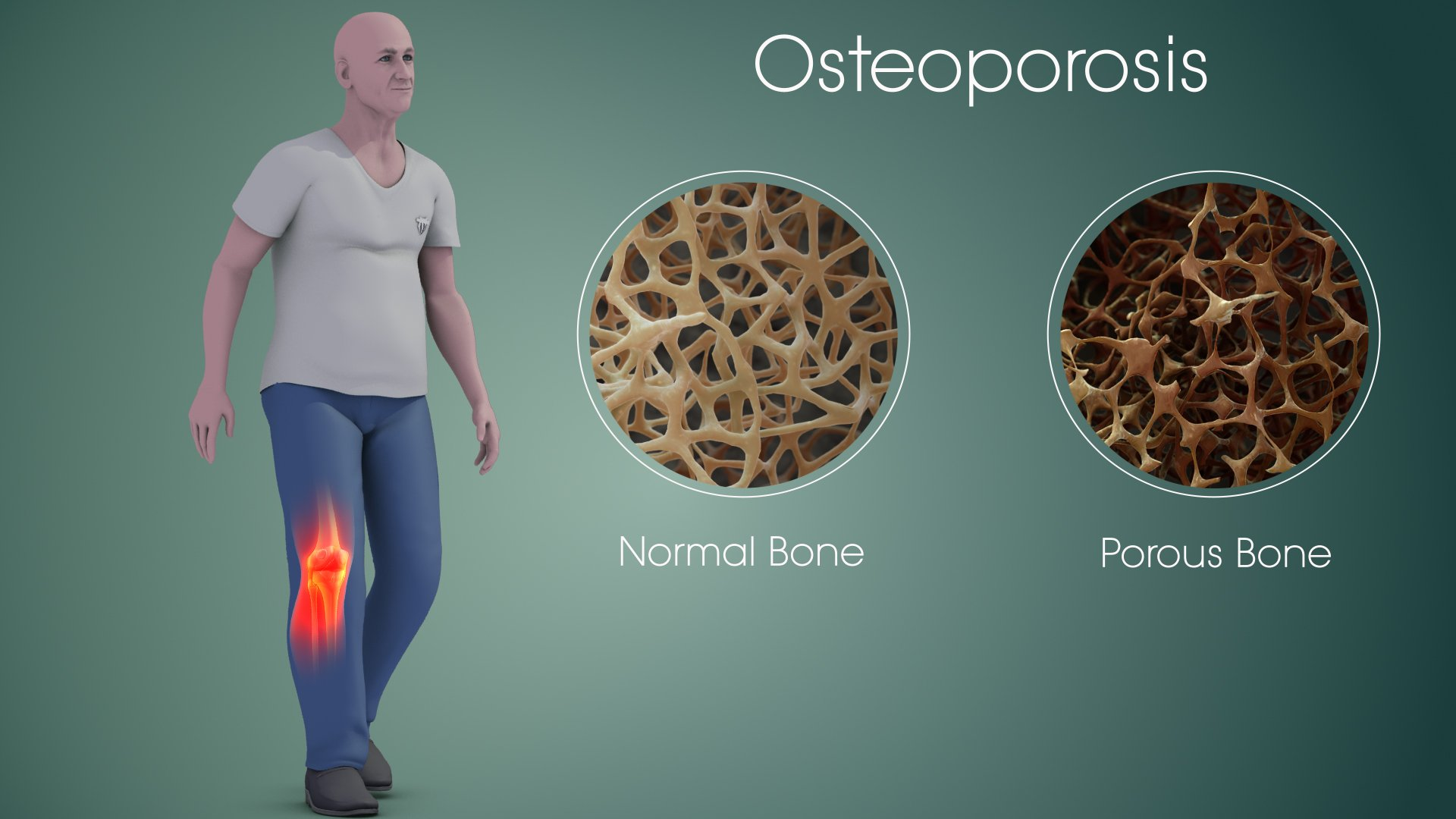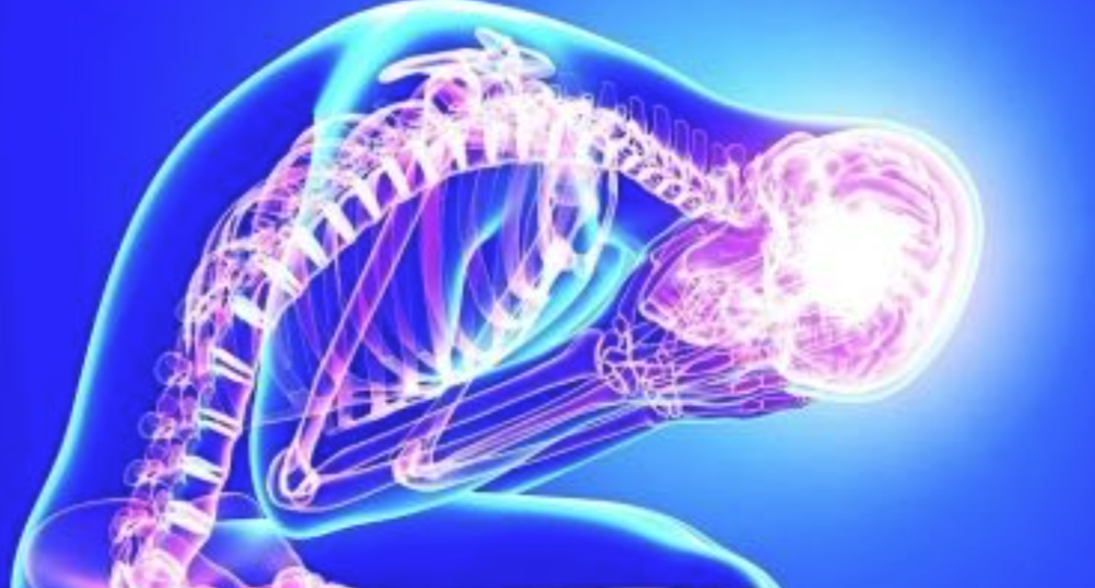A review of recent literature examining the neurobiology and pathophysiology of chronic pain reveals that this highly prevalent condition negatively impacts multiple aspects of patient health, including sleep, cognitive processes and brain function, mood/mental health, cardiovascular health, sexual function, and overall quality of life. Chronic pain has the capacity to become increasingly complex in its pathophysiology, creating a condition that can be potentially more difficult to treat over time.
It is important that chronic pain is managed with the objective of minimizing or avoiding its associated long-term complications when conditions are left untreated. Early and effective multi-modality treatment strategies, including analgesic therapy(like laser therapy & PEMF) that controls pain intensity, are essential to improving outcomes and returning patients to normal levels of function.
Chronic pain is defined by the American Pain Society and the International Association for the Study of Pain as pain that “persists beyond the normal tissue healing time, which is assumed to be 3 months”. There are numerous and varied conditions with different pathophysiologies that are associated with chronic pain, including cancer (and its treatment), degenerative spine disease, osteoarthritis, fibromyalgia, migraine, diabetic neuropathy, and postherpetic neuralgia as well as many others... the list goes on. It is estimated that as much as 1/3 of the population is dealing with some kind of chronic pain.
Pain left untreated, can become more complex in its pathophysiology than the pain caused by the original injury or disease. These changes can involve structural and functional alterations in the nervous system such that pain ceases to be symptomatic of the initial cause and becomes an entirely separate condition. When considering the long-term impact on patient health, the extent and severity of chronic pain may be more important than the underlying cause of the condition itself.
Consequences of Chronic Pain
1. Patients with chronic pain are often at risk for developing further complications, including altered mental states and physical dysfunctions due to the constant strain placed on them mentally as well as the nervous system.
2.
Impact on Mood and Mental Health - Numerous studies indicate that patients with chronic pain are more likely to develop psychological disorders than those without chronic pain, in fact, as much as 40% higher rates of major depressive disorder, suicidal idealization, and suicide attempts.
3. Cognitive Processes, Brain Function, and Central Neural Systems can be impacted when chronic pain is left untreated. Memory and attention have been shown to be impaired in up to two thirds of patients with chronic pain. Neurological changes that may occur in chronic pain patients include abnormal brain chemistry and loss of neo-cortical gray matter.
4. Impact on Sleep! Disturbed sleep is common in patients with chronic pain, occurring in 50–89% of the chronic pain population. There are many conditions that are perpetuated by lack of sleep and when allowed to coexist with chronic it becomes increasingly more difficult to treat. Early treatment of pain is essential in combating complications.
5. Impact on Cardiovascular Health - The intensity of chronic pain was found to be a statistically significant predictor of hypertension, independent of demographic predictors such as age, sex, race, and family history.
6.
Impact on Sexual Function - Impaired sexual function is reported in 54–63% of individuals with chronic pain. Enough Said!
7. And all of these can impact your quality of life in general. The frequency of interference with social life, work, and daily activities is increased in chronic pain patients and further increases with the severity of pain and prolonged occurrence. This is why it is important to address pain issues early on before they impact health and quality of life.
The longer pain is allowed to continue the greater the likely hood of complications. Ghost pains in areas that should not or have no reason to exhibit pain start to hurt - this has been shown in test of persons with RA.
Although the importance of controlling chronic pain does not seem to be as widely appreciated as controlling other chronic diseases, evidence indicates that a treatment approach similar to that for these other chronic conditions is warranted, with early and effective therapy offering the potential to avoid or to reduce long-term consequences and expenses.
Chronic pain has numerous long-term physical, psychological, and economic consequences. Chronic pain can become more complex over time with further development of underlying pathologies and associated conditions. If left unresolved, the neuroplastic changes that contribute to pain progression may become irreversible and ultimately refractory to treatment requiring more serious interventions.
If you have any questions about pain you are experiencing, please contact Nevada Laser Pain Relief. We would be glad to discuss any possible treatments we may offer that can relief your or your loved ones pain.

